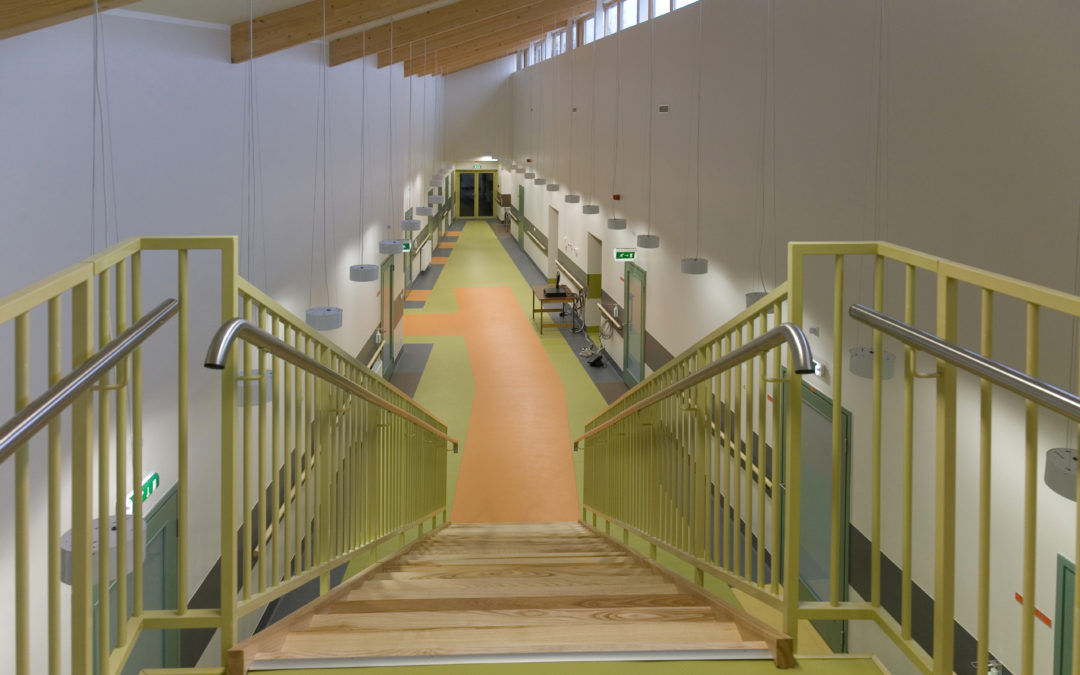For-Profit Nursing Home Neglect Amid Pandemic: Severe understaffing within for-profit nursing home chains led to poor care, nursing home neglect, and a negative impact on the health of residents. About 70% of nursing homes in the US are run by for-profit operators.
According to a report by the House of Representatives’ Select Subcommittee on the Coronavirus Crisis, deplorable conditions amounting to nursing home malpractice persisted inside for‑profit nursing home chains early on in the pandemic. The Select Subcommittee also released documents illuminating how opaque corporate structures used by these nursing home chains possibly helped these companies to cut corners, shirk responsibility, and obscure profits.
Using documents obtained during its investigation of five for-profit chains that had significant Covid outbreaks across 850 homes housing around 80,000 residents, the Select Subcommittee revealed the following four key findings, which are examples of nursing home malpractice:
- As a result of severe shortage of nurses and certified nursing assistants (CNAs) early on in the pandemic, many nursing home residents were subjected to deficient care and nursing home neglect, which negatively impacted their health.
- Some nursing homes reported staff ratios ranging between 35 and 39 residents to one nurse.
- Specific examples of the effects of this understaffing included a resident in Nevada who had to wait two days for a shower after vomiting on herself, and an elderly patient who developed a pelvic infection after continued delays in receiving bathroom insistence.
Nursing home understaffing is often tied to negligent care within nursing homes and is considered to be nursing home malpractice.
This for-profit nursing home neglect amid pandemic as the result of understaffing can lead to nursing home illnesses, injuries, and even death, which would require the intervention of a wrongful death attorney.
- Workers in for-profit nursing home chains were not provided with sufficient personal protective equipment (PPE).
- As a result of not receiving adequate PPE, numerous nursing home employees were forced to share PPE or craft their own protective equipment out of makeshift supplies.
- In one Texas facility, residents were denied masks and instead given ill-fitting and ineffective “handkerchiefs.”
The lack of necessary PPE during the coronavirus pandemic placed at risk the health of both staff and residents and amounts to nursing home malpractice. The gross negligence of not protecting elderly residents in fragile health from contracting Covid potentially subjected them to severe illness and even wrongful death, requiring the involvement of a nursing home malpractice attorney.
- Irrespective of having Covid symptoms or even of testing positive, many nursing home workers were pressured to continue working, putting other staff and residents at risk.
- Examples of sick staff forced to work included a Midwestern nursing home cook instructed to wear a wet rag rather than go home due to a 101 degree fever, and a Virginia employee told to take Tylenol and return to work with a fever.
- Management at many facilities threatened termination or other punishment for employees who called in sick.
- Many facilities did not require employees who tested positive to quarantine as per the then-existing CDC guidance; many others refused to give paid sick days to employees who did quarantine.
Forcing employees to work while positive with Covid endangers the health of nursing home residents and amounts to nursing home malpractice. The Centers for Medicare and Medicaid Services say that, as of early September, nearly 160,000 nursing-home residents have died of Covid-19. Residents exposed to Covid in this way may wrongfully die from the illness, necessitating the involvement of a wrongful death attorney.
- The obscure corporate structures employed by for-profit nursing homes may have enabled them to avoid legal and regulatory accountability and to obscure profits.
- Ultimate parent ownership of nursing home facilities are obscured by the presence of one or more operating companies. For example, one Genesis Healthcare, Inc., facility had two corporate entities as owners, but eleven intermediate entities separating the facility from the parent companies. According to the Select Subcommittee, four other companies utilize similar corporate structures to Genesis.
- Such convoluted structuring shields parent companies from regulatory penalties that tend to be presented at the facility level, and also protects parent companies from the scrutiny of the public. This structuring also can obscure the true financial state of nursing home facilities.
According to the report, for-profit facilities provide a lower quality of care and their residents suffer poorer health outcomes. For-profit homes—in particular, private equity-owned nursing homes—are more likely to warrant investigation for nursing home malpractice or necessitate the involvement of a wrongful death attorney.
Holding Nursing Homes Responsible for Insufficient Care
As a nursing home malpractice and wrongful death attorney, Brian P. Murphy is committed to fighting for the health and safety of Philadelphia/PA and NJ nursing home residents. While living as a resident of a Philadelphia/PA or NJ nursing home, your loved one should be confident that his or her needs are met, as protected under federal law. Brian Murphy’s extensive experience as a wrongful death attorney fighting negligent nursing homes positions him to successfully resolve nursing home malpractice cases. Should you find yourself needing to contact a nursing home malpractice and wrongful death attorney, call Brian Murphy today to discuss your legal options.







